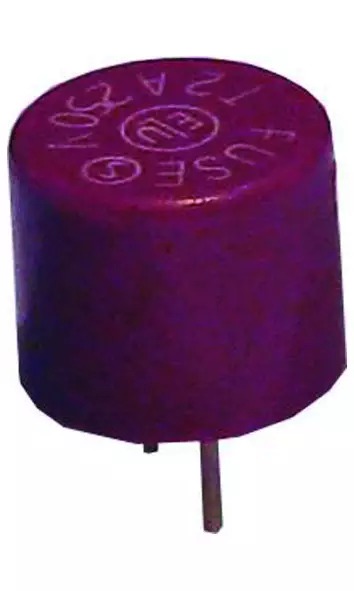surge protector
A surge protector is an electrical device or component that is used to protect electrical equipment from a sudden increase in voltage in the electrical network, which is called a surge impulse. These surges can be caused by, for example, lightning, short circuits in the network, sudden disconnection of large appliances or other internal or external events. Overvoltage pulses can cause damage to sensitive electrical equipment and components, such as computers, televisions, kitchen appliances, but also industrial machines and equipment.

Surge protection aims to protect these devices by diverting excess energy in surge impulses away from electrical circuits. There are several types of surge protection that can be used individually or in combination:
Surge Protective Devices (SPDs): These devices are installed on power lines and have the ability to absorb excess energy from surge impulses and divert it to the grounding system. The SPD can be installed in various places of the electrical installation, such as distribution boxes, sockets or above the main power inputs.
Surge protection outlets: These outlets have a built-in surge protection mechanism that protects the devices connected to the outlet from surges. They are suitable for individual appliances and are easy to install.
In-line Surge Filters: These filters are often used in cable connections such as antenna cables or network cables. They filter overvoltage pulses to prevent them from spreading to equipment.
Surge protection is important for maintaining the safety and reliability of electrical equipment. It can minimize the risk of equipment damage and ensure longer life and reliable operation. Therefore, it is recommended to install surge protection where sensitive electrical equipment is exposed to the risk of overvoltage impulses.
